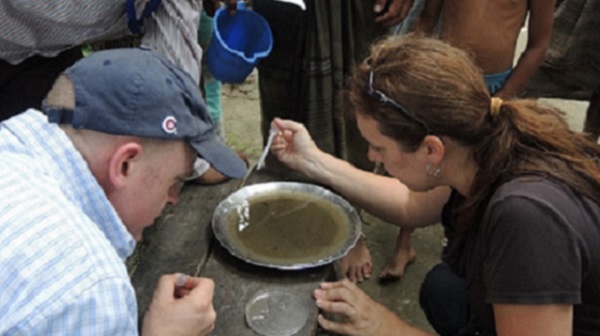

Most people get malaria when bitten by an infective mosquito carrying the malaria parasite. Only female Anopheles mosquitoes can spread malaria from one person to another. For the Anopheles mosquito to become infective, they must bite, or take a blood meal, from a person already infected with the malaria parasites. About one week later, that same mosquito will bite the next person and subsequently inject the parasites via her saliva. And the cycle of infection continues.
In rare occasions, malaria can spread through
Malaria is not contagious. People can't spread malaria to other people like a cold or the flu. You can't get malaria through casual contact (sitting next to a person with malaria), close physical contact, or even sexual contact.
Anyone can get malaria. Most cases occur in people who live in countries with widespread malaria. These countries are also called malaria-endemic regions. People from or living in countries with no malaria can become infected when they travel to countries with malaria.
Plasmodium falciparum is the parasite species causing malaria that can be severe and life-threatening. It is very common in many countries in Africa south of the Sahara Desert.
Individuals with the most risk of getting very sick and dying from malaria include
Due to these risk factors, an estimated 90% of deaths caused by malaria occur in Africa south of the Sahara Desert. And most of these deaths occur in children under 5 years of age.